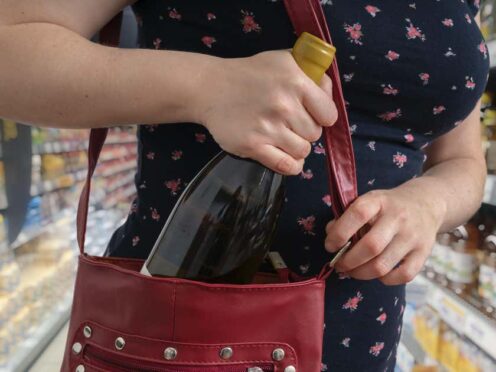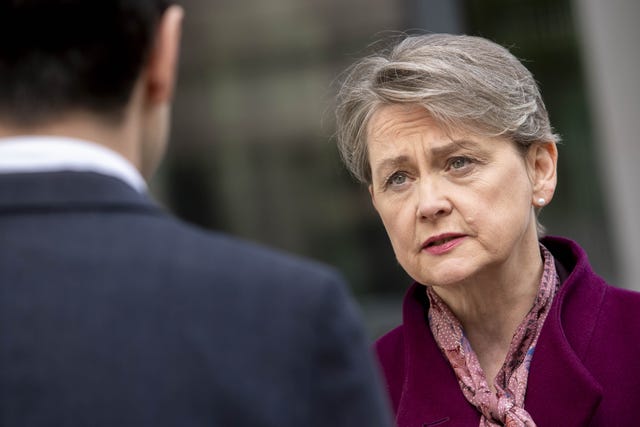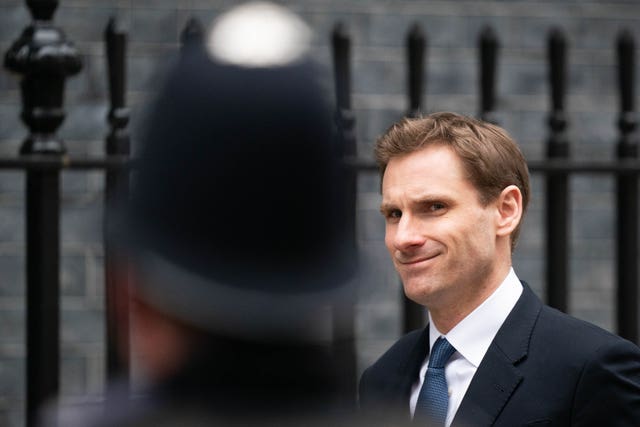
A “shoplifter’s charter” has seen charging for the offence plummet even as store thefts increase, Labour has said.
Although many types of theft have declined since the start of 2020, shoplifting has continued to rise with more than 402,000 offences committed in the year to September 2023 – equivalent to one every 80 seconds.
Meanwhile, the Labour Party said figures obtained under the Freedom of Information Act showed charges for shoplifting had fallen by around 16% since 2018.
Speaking ahead of a national campaigning day focused on law and order on Saturday, shadow home secretary Yvette Cooper said: “Under the Tories too many communities and high streets are being blighted by staggering increases in shoplifting, but charge rates are going down.
“That means more criminals are getting away with it and more local businesses are paying the price.”
The party has partly blamed the increase on a decision in 2014 to bring in a new category of “low-value shoplifting” covering the theft of items worth under £200 in total.

The change, brought in by then-home secretary Theresa May, was intended to allow the police to deal with these offences by post, speeding up the process and giving the courts more time to focus on other crimes.
It was not meant to apply to repeat offenders or those working as part of an organised gang.
But Labour and others, including the British Retail Consortium, have argued that in reality it has led to the police “deprioritising” such offences.
Ms Cooper said the rule was “encouraging” repeat offenders and organised gangs, while neighbourhood policing had been “decimated” and high streets left “unprotected”.
She said: “Labour will scrap the Tories’ shoplifter’s charter and bring in a community policing guarantee, with 13,000 more neighbourhood police and PCSOs to crack down on shoplifting and keep the public safe.”

Co-operative Group chief executive Shirine Khoury-Haq welcomed Labour’s commitment, saying they would “build on the progress the police have made” in attending reports of crimes in stores.
Home Office minister Chris Philp said the “reality” was people living in Labour-run areas were 20% more likely to be a victim of shoplifting and 40% more likely to be a victim of crime than those living in Conservative-run areas.
He added: “All Labour have promised is a fund for police that is 10 times smaller than our Police Uplift Programme investment, showing that only the Conservatives have a plan to tackle crime, with more officers today than under the last Labour government.
“This month, Rishi Sunak and the Conservatives announced that serial or abusive shoplifters will face tougher punishments and we are making assault of a retail worker a standalone criminal offence.”

Enjoy the convenience of having The Sunday Post delivered as a digital ePaper straight to your smartphone, tablet or computer.
Subscribe for only £5.49 a month and enjoy all the benefits of the printed paper as a digital replica.
Subscribe